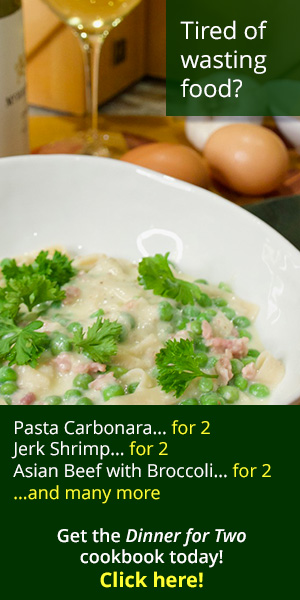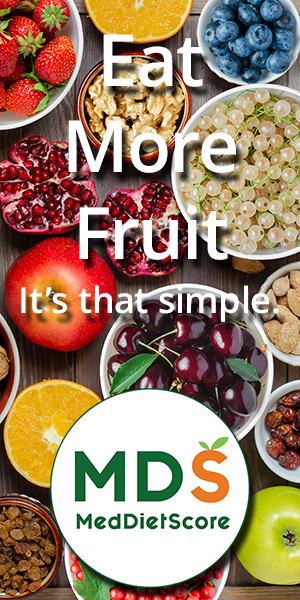Healthy Cooking Columns
What are Antioxidants?
Antioxidants. You hear the term all the time but what does it mean? The word sounds so important, so sciency and there is, of course, science involved.
When the cells in your body use oxygen, the interaction with other molecules results in their oxidation. The by-product of that oxidation is free radicals — molecules or atoms that lose one or more electrons. Free radicals are unstable, and in a sense, are looking to replace or give up their unbalanced number of electrons. In scavenging for electrons, they cause damage to cells in the body. That is known as “oxidative stress” and this cellular damage contributes to disease.
This should not sound like the oxidation process is bad. On the contrary, these chemical reactions are necessary for life and are not only critical for ongoing function but also repair of your cells.
Antioxidants do just what they sound like: they oxidize free radicals and stop the process of cellular damage, but many of the antioxidants we need are not produced by our bodies. The challenge for us is making sure we consume enough of these to balance the normal oxidative process and the production of damaging free radicals. Vitamin C (ascorbic acid) is not made by the body, for example, and is thus considered an essential Vitamin. Its antioxidant properties are critical for normal function of the body, but we have to consume it in some way.
At this point it sounds pretty simple, doesn’t it? Just take a pill full of antioxidants.
Unfortunately, the research on this has been very disappointing. A large review of studies on antioxidants concluded that there is an increase in the risk of mortality with consumption of antioxidants in pill form.1 At one time there was a hope for supplement use leading to the reduction in diseases. Unfortunately, there have been a string of failures. For example, in a large study evaluating whether Vitamin E and selenium might prevent prostate cancer it was found to actually increase the risk.2 Even something as simple and seemingly harmless as a multivitamin has been linked to increased risk of breast cancer in women.3
Time and again pills have been shown to not work and these are only three of dozens of studies that show getting your antioxidants in an unnatural way is not only not beneficial but may actually be harmful.
The good news is that there is a tremendous amount of research to show that consumption of essential vitamins and antioxidants in food are quite beneficial. Intake of foods high in flavonoids has been clearly linked to reduced risk of chronic diseases.4 Research on the intake of fruits and vegetables5, hundreds of studies on coffee and tea and even chocolate have been linked to reduced risk of illness from heart disease, diabetes, cancer and even Alzheimer’s. There are, quite simply, too many studies to list that support getting your antioxidants in the form of food and almost none to show that antioxidant supplements are beneficial.
So stop spending your money on supplements and vitamins in pill form. Get them in real food.
Here’s a list of antioxidants and some great food choices that contain them. This is by no means a complete list, and the key is to eat a wide variety of fresh food, especially fresh fruits, veggies, fish, nuts and seeds.
Vitamin A & CarotenoidsTurkey Vitamin CGrapefruit Vitamin ENuts & seeds SeleniumFish & shellfish Flavonoids & PolyphenolsSoy beans and soy products |
LycopeneWatermelon LuteinSpinach LignansFlax seed Coenzime Q10Nuts GlutathioneAvocado |
1. Bjelakovic G, Nikolova D, Gluud LL, Simonetti RG, Gluud C. Antioxidant supplements for prevention of mortality in healthy participants and patients with various diseases. Cochrane Database of Systematic Reviews 2012, Issue 3. Art. No.: CD007176. DOI: 10.1002/14651858.CD007176.pub2.
2. JAMA. 2009;301(1):52-62
3. Am J Clin Nutr 2010;91:1268-72.
4. Am J Clin Nutr 2002;76:560-8.
5. J. Nutr. 138: 775-781, 2008
Eat Healthy
Eating healthy is easy and less expensive than most people think.




